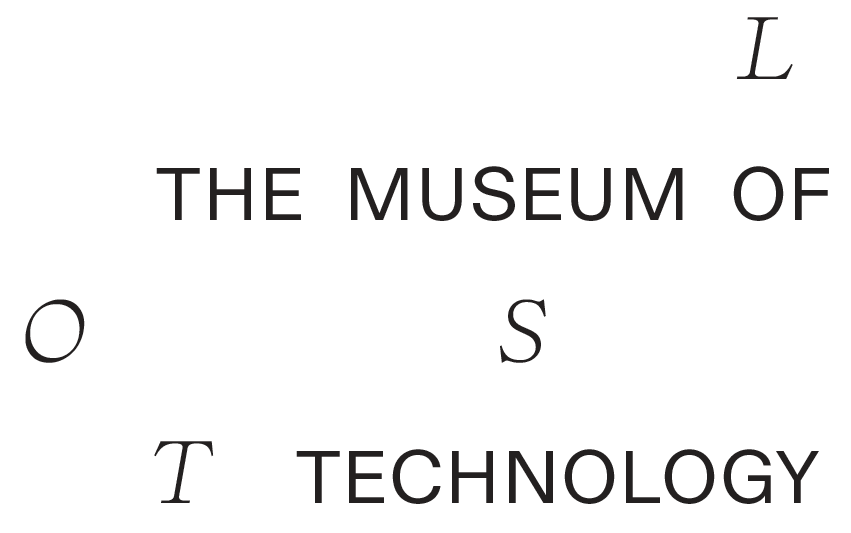“The Museum of Lost Technology” (2020 – 2024) is an arts-based research project by Ebru Kurbak, carried out at the University of Applied Arts Vienna and funded by the Austrian Science Fund (FWF): V-795. Through practice-based research, the project investigates textiles in the art and technology context with the intention to challenge expectations brought by terms such as media arts and tech-arts and explore the position of “women’s work” in contemporary technology-engaged art frameworks.
The four-year research project builds on the premise that inventions in the history of science and technology were products of not only the intellectual capacity of the inventors but also their practical knowledge and skills. In the Western world, not only women but also particular knowledge that had been dominantly held by women had been excluded from official sites of science and technology research for centuries. By carrying out hands-on experiments at the intersections of textiles and selected scientific subjects, the project excavates some of the speculative “lost possibilities” that were unimaginable in the past due to the gendered social and spatial segregation of knowledge. Directed towards establishing a speculative museum of technology, the studio enquiry searches for an imaginative collection of information, techniques, and technologies that could have been conceived—but never were. The museum, in scope of the project, is understood and explored as a site where truth is produced through the sorting of objects, knowledge and practices.
Proposing “the lab as method,” the studio environment of the project is intentionally set for open-ended and open-minded material investigation that acknowledges the agency of materials and material processes. Every year, a new theme is established by pairing an extra-disciplinary research field with a particular textiles crafting method. Each year, the studio is rearranged and re-equipped according to the selected thematic pair and prepared as the locale for situated material enquiry. The practice-based experiments in the studio are supported by art theoretical research, comparative studies of various histories that are relevant to the project, comparative surveys of collections of selected anthropology and technology museums, as well as creative writing and world-building activities. Research residencies are regularly carried out at the international cooperating institutions to stimulate further reflection on the project within an interdisciplinary and international network of key experts.
